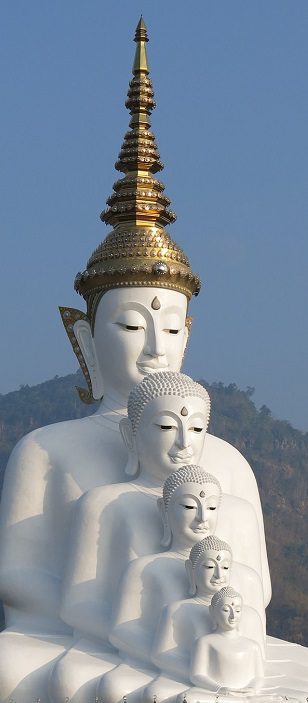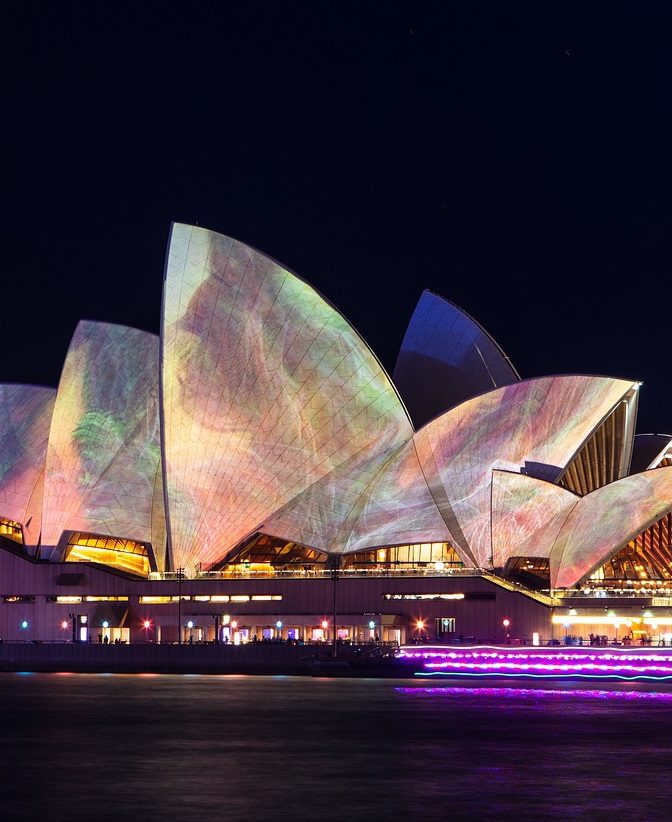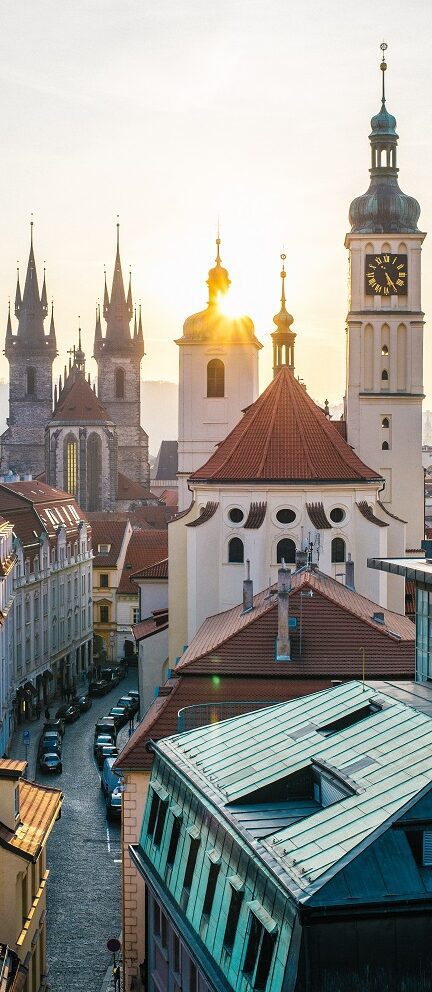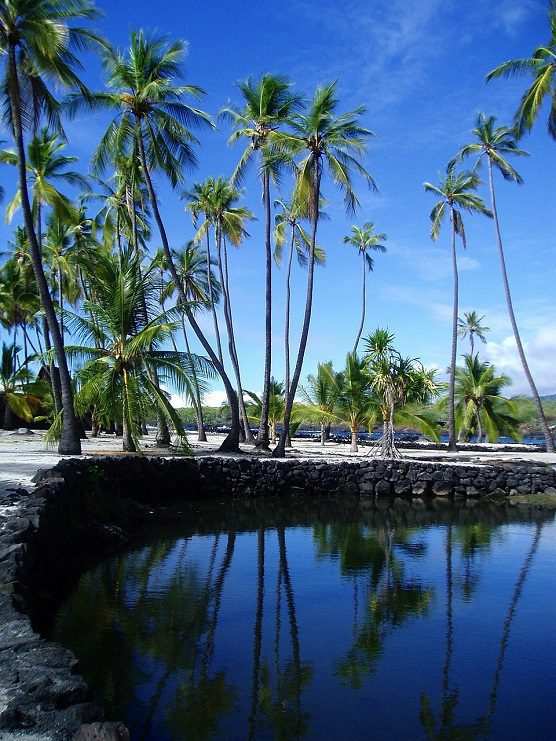This city, which literally means “above the sea,” is an international port metropolis renowned for its economic, financial, cultural, scientific, and technological industries.
Many cultures converge in this eastern China city: modern and traditional, oriental and western. The mix of cultures isn’t new to Shanghai. Following the Treaty of Nanking in 1842, inhabitants from western and eastern Europe flocked to the port city to open businesses and build houses and mansions. Like many other destinations in China, many European architectural wonders await when travellers set foot in this city.
Attractions
The Bund: A well-known waterfront in Shanghai. Located on the west bank of Huangpu River, the Bund flows from the Waibaidu Bridge to Nanpu Bridge (length of 1,500 metres). You can find twenty-six architectural sites on the Bund’s westernmost end. Architectural styles range from Gothic to Renaissance. If you’re a night owl, you should stop by the Bund, for you’ll see colourful lights shining in the river and flashing on the farthest side of the river. This attraction was named the “Shanghai Top Ten Night Light Views” in 2009. Nanjing Road: Hear ye, hear ye, shoppers and foodies! Looking for major brands, new fashions, great foods, open bars? This is the place to be. You’ll see many upscale stores such as Tiffany and Dunhill. Is traditional shopping your cup of tea? You can still drop by a number of specialty shops and traditional stores featuring silk products and embroidery, not to mention clocks, jade, and wool. If you prefer evening strolls, why not have a pint of your favourite beverage and listen to music by street performers? There’s much to see and do along this 5.5.-kilometre route that stretches from the Bund in the east to Jing’an Temple in the west.








